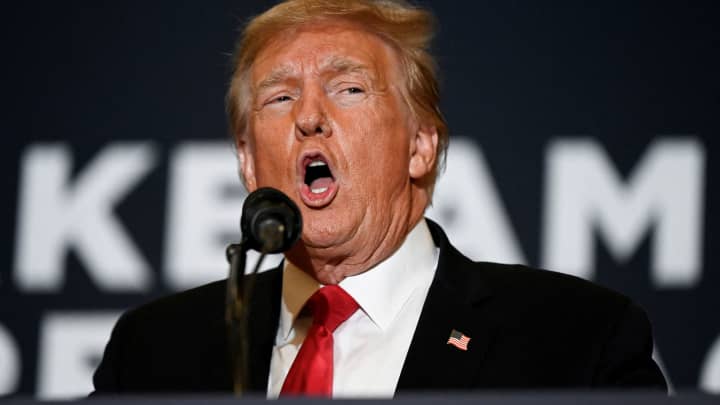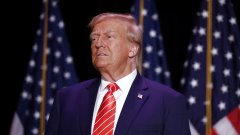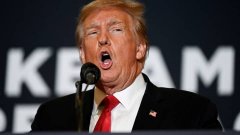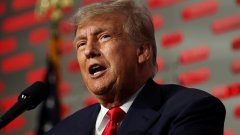
WASHINGTON — Former President Donald Trump on Wednesday asked the Supreme Court to overturn a state court ruling in Colorado that said he is ineligible to appear on the state primary ballot because of his actions leading up to the Jan. 6, 2021, .
The Colorado Republican Party had in the case. Based on language in the state court ruling, Trump for now remains on the Colorado ballot until the Supreme Court acts.
The Colorado Supreme Court based its on language in the Constitution's 14th Amendment that prohibits those who "engaged in insurrection" from running for various federal offices. The case raises various novel legal questions, including whether the language applies to those running for president.
The state high court's decision reversed a in which a judge said Trump had engaged in insurrection by inciting the riot on Jan. 6, but that presidents are not subject to the insurrection clause of the 14th Amendment because they are not an "officer of the United States."
The state court said its ruling would remain on hold indefinitely, allowing Trump and his allies to file appeals with the Supreme Court . The Colorado GOP was the first to do so, on Dec. 27.
Interest in the Colorado case was heightened when Maine's top election official on Dec. 28 that Trump was ineligible to appear on the Republican primary ballot in that state too. Again, the decision was put on hold so that Trump can appeal in state courts in another case that could reach the justices. He on Tuesday.
The Colorado case reaches a Supreme Court with a 6-3 conservative majority that includes three justices Trump appointed. Legal experts are divided on how quickly the court might want to intervene and how it might ultimately rule on such an unusual legal question.
The Colorado court's ruling was addressed specifically at the Republican primary in the state. It remains to be seen whether the Supreme Court feels it would need to take up the issue once that filing deadline has passed with Trump remaining on the ballot.
One other option the court has is to take up the case and issue a ruling that would then apply to the general election and potentially in other states where similar lawsuits targeting Trump have been filed.
The Supreme Court's central role in the Trump legal wars has drawn comparisons with the 2000 election, when the justices ended up issuing a pivotal 5-4 ruling that ended the Florida recount, enabling the Republican candidate, George W. Bush, to prevail over his Democratic opponent, Al Gore.
The court is also currently considering whether to take up a case on whether Trump has for crimes he allegedly committed in office relating to his conduct leading up to Jan. 6.
In a related matter, the justices are set to hear oral arguments in involving a man charged for his actions on Jan. 6 that could affect Trump's prosecution in Washington, where he's been charged under the same federal law at issue. The Washington case is one of four different criminal prosecutions Trump is facing.
Read more from NBC News:




